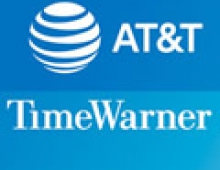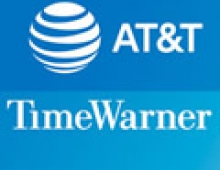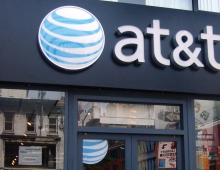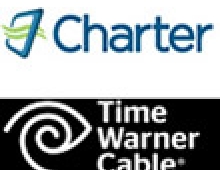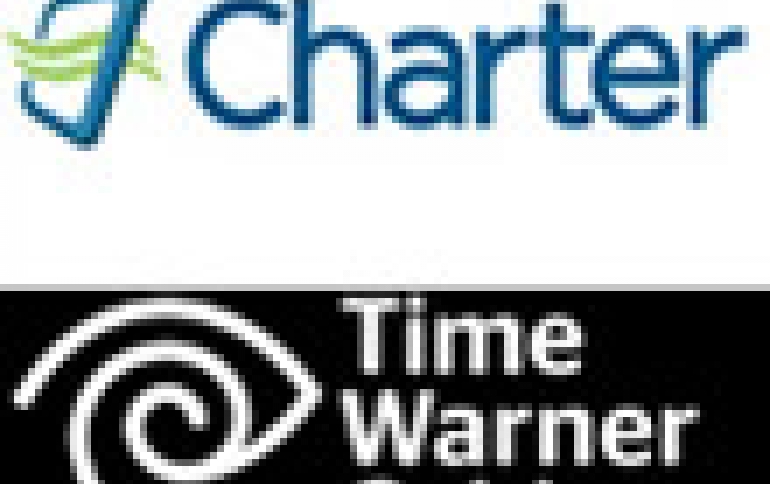
Time Warner Cable Reject Third Proposal from Charter Communications
Time Warner Cable Board of Directors has unanimously rejected a third proposal from Charter Communications to acquire TWC, saying the proposal was inadequate.
There has been months of speculation over a cable company buying Time Warner Cable, the No. 2 cable TV provider behind Comcast.
Although there is no formal proposal on the table, Charter said it is willing to make a cash-and-stock offer that could be worth up to $38 billion.
Rob Marcus, Time Warner Cable?s Chairman and Chief Executive Officer, said: "Charter's latest proposal is a non-starter. First and foremost, it substantially undervalues TWC and would represent an EBITDA multiple of approximately 7X, well below past transactions in the cable sector. Indeed, our high-quality assets, unique scale, synergy potential, growth opportunities and strong financial position should command a premium valuation compared to precedent transactions, not the discount offered by Charter. Not only is the nominal valuation far too low, but because a significant portion of the purchase price would be in Charter stock, the actual value delivered to TWC shareholders could be substantially lower given the valuation, operational, and significant balance sheet risks embedded in Charter?s stock."
Marcus continued, "..On December 27 we made it clear to Charter that our Board is open to a transaction with Charter at a price of $160 per TWC share, consisting of $100 in cash and $60 per share of Charter common stock, subject to a symmetrical 20 percent collar to protect our shareholders on the value of Charter shares, which currently trade at a historically high multiple. The $160 price represents a forward multiple of only approximately 8X. We gave Charter our bottom line, but rather than pursuing this path, Charter has chosen to go public with its third low-ball offer trying to pressure TWC's Board into selling the Company at a grossly inadequate price."
By combining, Charter and Time Warner Cable could increase their negotiating powers with the TV channels - and perhaps reduce the fee increases they pass on to customers.
The cable companies could also develop better apps for customers to watch channels on phones and tablet computers, as they try to retain customers who are increasingly watching video on the Internet.
Although there is no formal proposal on the table, Charter said it is willing to make a cash-and-stock offer that could be worth up to $38 billion.
Rob Marcus, Time Warner Cable?s Chairman and Chief Executive Officer, said: "Charter's latest proposal is a non-starter. First and foremost, it substantially undervalues TWC and would represent an EBITDA multiple of approximately 7X, well below past transactions in the cable sector. Indeed, our high-quality assets, unique scale, synergy potential, growth opportunities and strong financial position should command a premium valuation compared to precedent transactions, not the discount offered by Charter. Not only is the nominal valuation far too low, but because a significant portion of the purchase price would be in Charter stock, the actual value delivered to TWC shareholders could be substantially lower given the valuation, operational, and significant balance sheet risks embedded in Charter?s stock."
Marcus continued, "..On December 27 we made it clear to Charter that our Board is open to a transaction with Charter at a price of $160 per TWC share, consisting of $100 in cash and $60 per share of Charter common stock, subject to a symmetrical 20 percent collar to protect our shareholders on the value of Charter shares, which currently trade at a historically high multiple. The $160 price represents a forward multiple of only approximately 8X. We gave Charter our bottom line, but rather than pursuing this path, Charter has chosen to go public with its third low-ball offer trying to pressure TWC's Board into selling the Company at a grossly inadequate price."
By combining, Charter and Time Warner Cable could increase their negotiating powers with the TV channels - and perhaps reduce the fee increases they pass on to customers.
The cable companies could also develop better apps for customers to watch channels on phones and tablet computers, as they try to retain customers who are increasingly watching video on the Internet.


